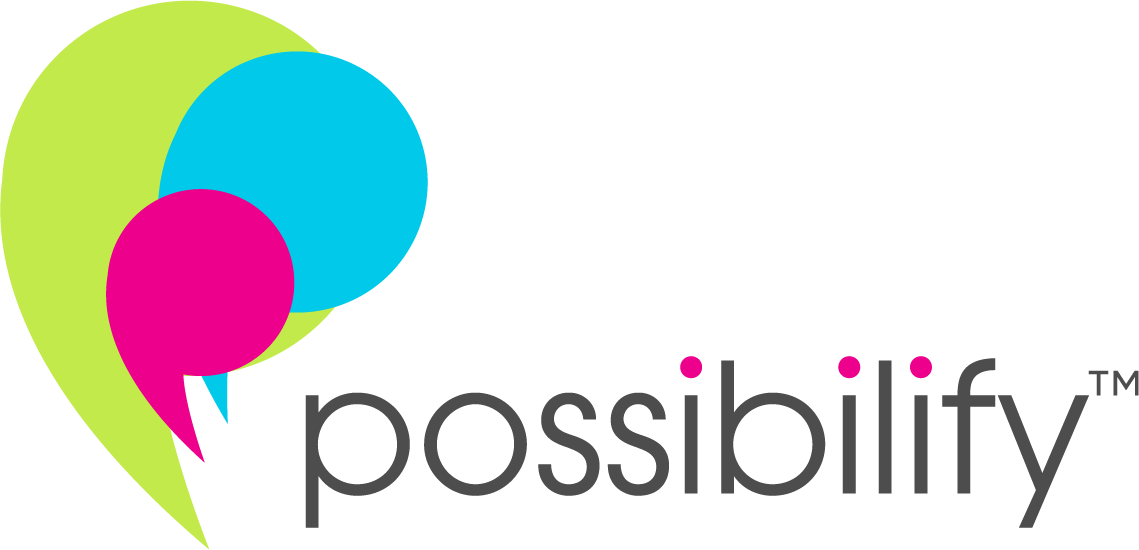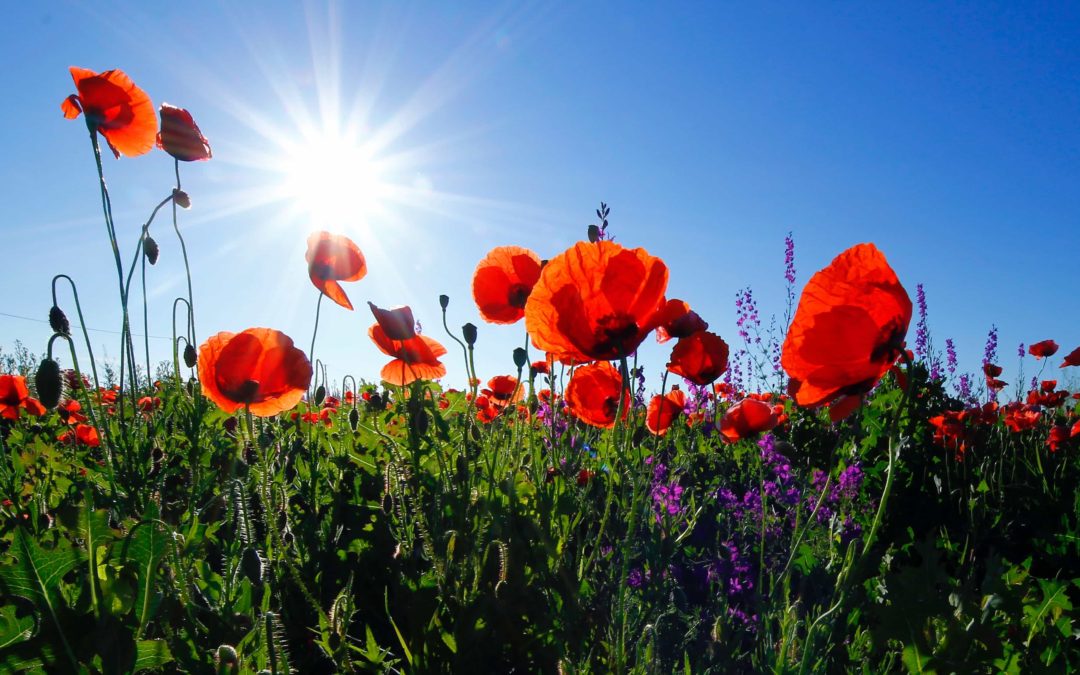- Anti-Racism Tip #8: If It Needs a Disclaimer, Don’t Say It - October 18, 2022
- On Tender Moments that Take Us By Surprise - May 18, 2022
- Finding Creative Ways to Exercise During the Pandemic - April 29, 2022
Today on Remembrance Day, many of us are prompted to reflect on the ways that war has shaped our lives. Whether it’s WWI, WWII, the Vietnam War, the Korean War, civil wars or religious wars, these conflicts have left deep scars and inalterably shape our lives in various ways.
So I wanted to share how war has shaped my life.
My Dad grew up in Jersey, England. Between 1940-1945, the Nazis occupied the Channel Islands, including Jersey. Over the years, my Dad has shared some memories of and reflections relating to those experiences:
- for those years of the Nazi occupation, food was scarce so he grew up eating a lot of root vegetables like rutabagas, turnips, and parsnips;
- as a light haired, blue eyed, White little boy, the Nazi solders were kind to him and often gave him food to eat and to take home – something that gives him pause upon reflection; and
- all across Europe, WWII caused such a deep fear of the danger of totalitarian regimes and fascism that the value of freedom and memories of liberation continue to be deeply ingrained in the individual and collective consciousness.
When the Nazi occupation ended, my Dad was just 5 years old.
At the same time, across the ocean, in British Columbia, my mother was interned at just 6 months old. In 1942, all Japanese-Canadians were declared enemies of the state and the government used the War Measures Act to round them up, confiscate their land and possessions, and ship them off to internment camps. The land and goods that were confiscated were sold and the funds collected were used to pay for the internment camps. Japanese-Canadian families were given 24 hours to pack and all Japanese-Canadians were moved outside the 100-mile radius from the BC Coast.
The government sent my Grandpa to work camps, where he was paid just pennies a day. Many men, including my Grandpa, protested these conditions by choosing not to work. My Grandma was left in the camps, trying to take care of three young children in squalid conditions. Because they didn’t have regular access to milk and other nutritious foods in the camps, my Uncles, Aunts and Mother’s teeth literally crumbled out of their mouths.
When the Japanese-Canadian internment ended, my Mom was just 7 years old.
Even though the war ended in 1945, the internment lasted until 1949. Until that time, British Columbia kept in place the 100-mile radius ban, which prohibited Japanese-Canadians from resettling within 100-miles from the west coast of BC. Japanese-Canadian fisherman had dominated the fishing industry prior to the internment and there has been speculation by many commentators that racism and competition by White fisherman partly fuelled this chapter in history. During the time this ban remained in place, my Mother and her family moved into an abandoned hotel shared with several families in Spuzzum, BC, which was located just outside the 100-mile zone.
The experience taught my Mom about racism. She learned at an early age that she could be persecuted for her ethnicity, that the government could make news laws or disregard existing laws for its own purposes, and that government could harm her family and community. And she learned that through education, she could pull herself out of the government-sanctioned poverty that the internment created for her and her family.
My parents had different experiences of war, which shaped their lives in significant ways. They chose to marry on November 11, 1966. In many ways, this was a symbolic decision reflecting the importance of peace in their marriage.
As a result of the significant impact of war in their lives, my parents have always been deeply committed to equality, fairness and justice. They have encouraged our family to stand up for what we believe in, to stand with those who are being persecuted, and to stand up for peace.
Just as war has shaped my parents’ lives and, in turn, mine…many of your lives have also been shaped by war.
On this Remembrance Day, let’s reflect on how war has shaped our lives; let’s express our deepest gratitude and thanks to the soldiers and veterans who have dedicated and sacrificed their lives for our freedom; and let’s recommit ourselves to finding a way to live in peace.
We would love to hear your thoughts in the comments section below.


Each choice shapes what is to come in some small way, but occasionally, a decision has the magnitude to be life changing. This kind of moment can change who we are and what we value, with reverberations throughout our careers and personal lives.
Each choice certainly does have that ability to shape what is to come and in the context of war, other people’s choices also can have such an impact on our lives. Thanks for taking the time to share your thoughts Ramon!